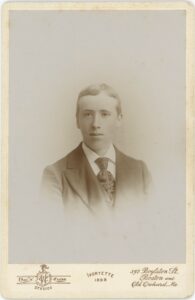Walter W. Chenoweth Papers
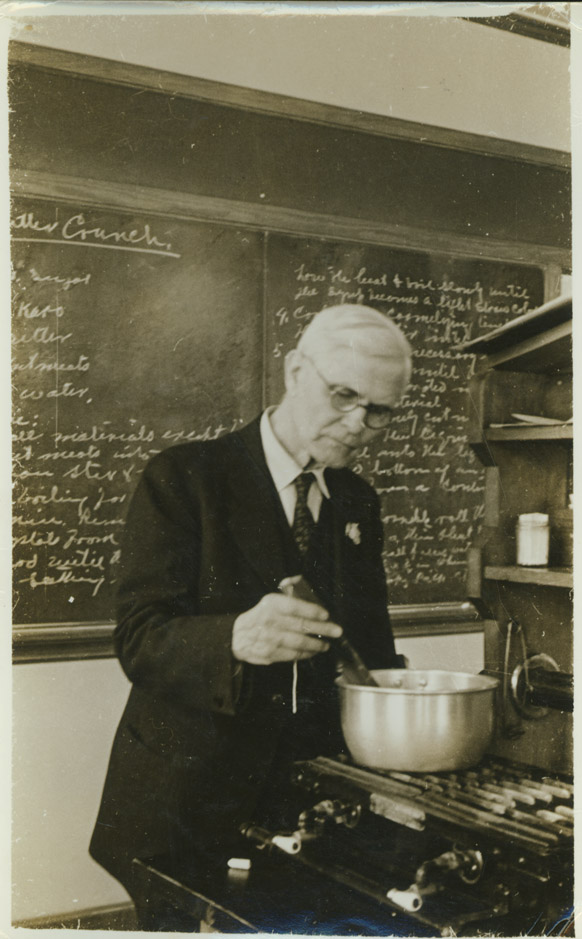
Walter W. Chenoweth, the founder of the Horticultural Manufactures Department in 1918, the predecessor to the Food Science Department, was a key figure in the development of research and education in modern food science. Hired as a pomologist at Mass. Agricultural College in 1912, Chenoweth had no background in food science, but encouraged by Frank A. Waugh and supported by Frederick Sears, he developed a course of study from scratch, learning and standardizing many of techniques himself while teaching. His curriculum and the processes he and his students developed for preserving food contributed to easing the food shortages brought on by World War I. Under the aegis of the new department, Chenoweth initiated a program in community food preservation, instructing students and members of the public in canning and other techniques. In 1929-1930, he loaned his services to the Grenfell Mission in Newfoundland, setting up canneries and teaching the methods of food preservation to would-be colonizers in Newfoundland and Labrador. Faced with a dearth of solid literature in the field, he published a textbook, Food Preservation (1930), which was a standard text for many years. The University named the Food Science building in Chenoweth’s honor after it was built in 1965. Chenoweth retired in 1941 and died four years later at the age of 75 .
The Walter Chenoweth Papers includes many of Chenoweth’s published works on canning and food preservation including his 1930 text, Food Preservation, as well as a typescript text called How to Preserve Food, eventually published by Houghton Mifflin in 1945. Also in the collection are clippings and memorabilia from Chenoweth’s trips to Newfoundland while working at the Grenfell Mission and a set of glass lantern slides.


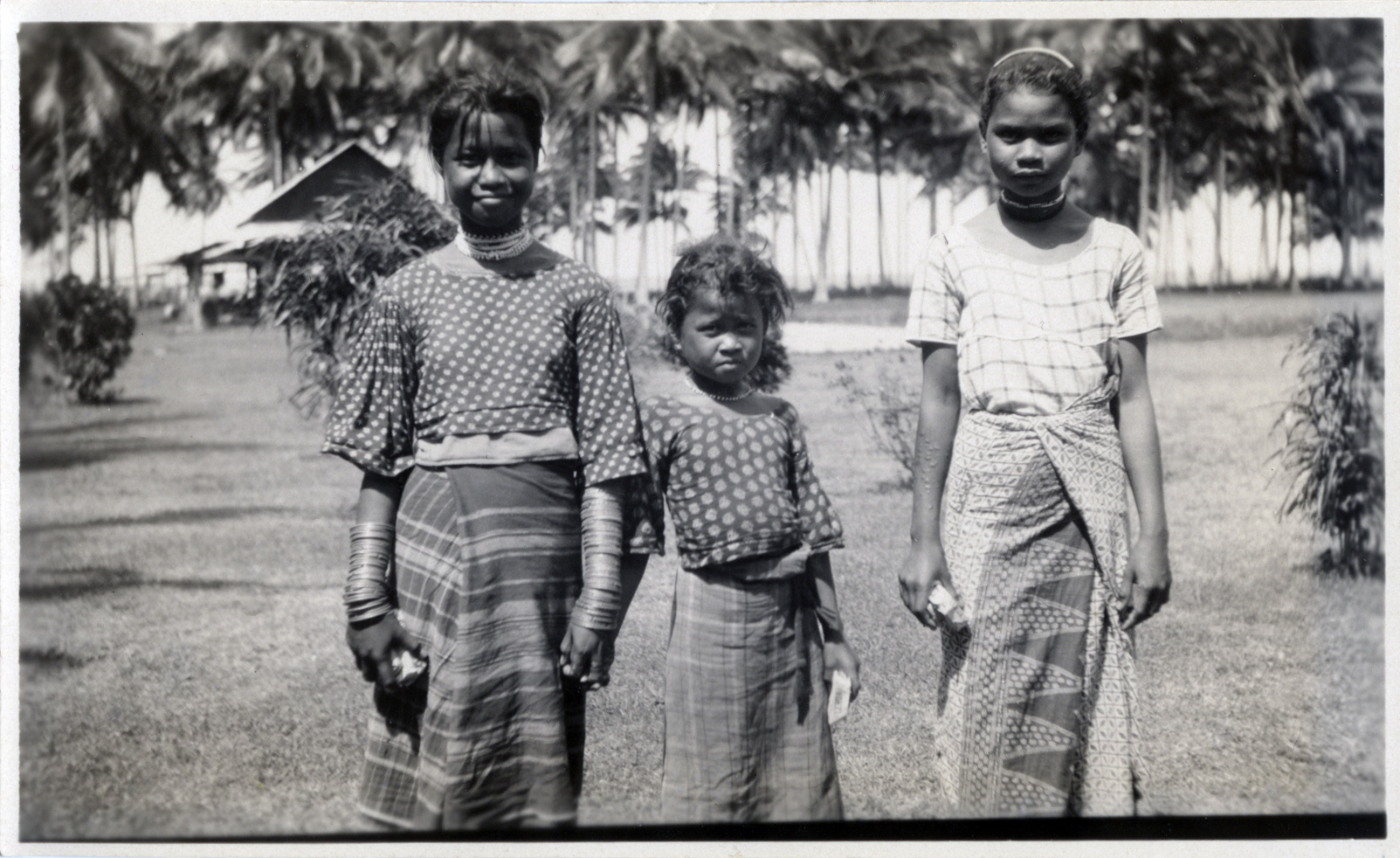
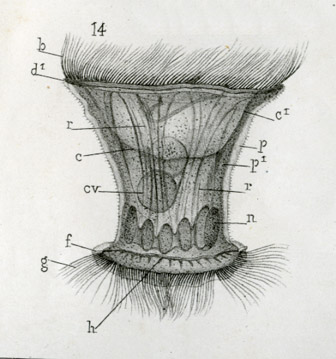
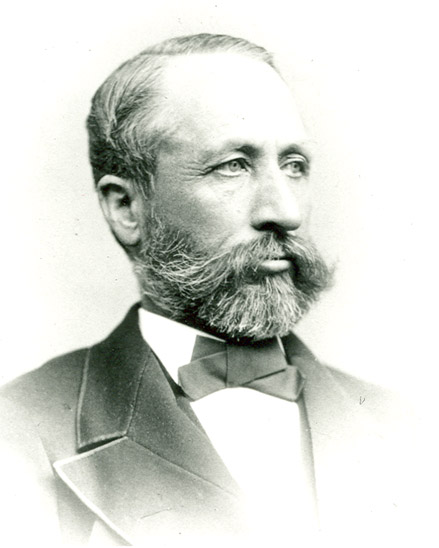
 View the online
View the online 